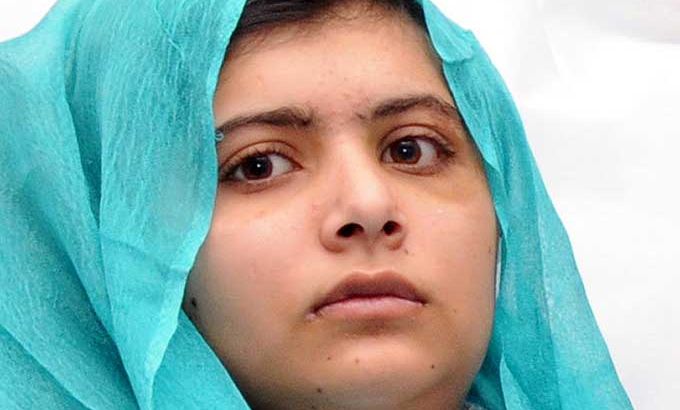Pakistan marks ‘Malala Day’ with school aid
Programme provides stipends for three million poor children in honour of teenage activist wounded by Taliban.

The families of more than three million poor children in Pakistan will receive cash stipends if their children go to school, the government has said, honouring the first-ever “Malala Day” in support of a schoolgirl shot by the Taliban.
Saturday marked one month since 15-year-old Malala Yousafzai was attacked by the Pakistani Taliban for promoting girls’ education and criticising the armed group.
Keep reading
list of 4 itemsThirty years waiting for a house: South Africa’s ‘backyard’ dwellers
Photos: Malnutrition threatens future Afghan generations
From prisoner to president in 20 days, Senegal’s Diomaye Faye takes office
The fighter’s bullet grazed Yousufzai’s brain and she is now recovering in hospital in Britain.
In the days following the shooting, Yousafzai became an international icon and world leaders pledged to support her
campaign for girls’ education.
On Friday, Pakistani President Asif Zardari added his signature to petitions signed by more than one million people urging Pakistan to pay stipends to families who put their girls in school in honour of Malala.
“Malala’s dreams represent what is best about Pakistan,” said Gordon Brown, former UK prime minister, as he presented the petitions to Zardari.
Global problem
Tens of thousands of Britons have called on the government to nominate Yousafzai for a Nobel Peace Prize for her work promoting girls’ education.
On Friday, the government announced that poor families will now receive $2 a month per child in primary school.
The programme will be funded by the World Bank and Britain and distributed through the government’s Benazir Income Support Programme, designed to give small cash payments to needy families.
The families in the programme already receive $10 a month for basic expenditure.
After a stipend programme was put in place in Pakistan’s Punjab province, a World Bank study found a nine per cent
increase in girls’ enrollment over two years, said Alaphia Zoyab, the South Asia campaigner for internet activist group Avaaz.
Pakistan is struggling to overcome widespread poverty, a conflict with the Taliban, and massive, endemic corruption.
Some 32 million girls worldwide are denied access to education, according to UN figures, while in Pakistan more than five million children do not go to school.
UK aid
The Pakistani government relies on foreign donors to fund many social programmes. Britain is due to spend around $1b on helping Pakistan educate poor children by 2015.
Brown, the UN’s envoy for global education, earlier presented Zardari with the million-strong global petition and a second petition also with a million signatures from Pakistanis demanding free education for all.
Brown is visiting Pakistan to begin work on a plan to help the country get all of its out-of-school children into the classroom by 2015.
Education in Pakistan is under attack from armed groups opposed to secular schooling but also suffers from chronic underfunding – the country spends less than 2.5 per cent of GNP on education, according to UN children’s agency UNICEF.
The country’s official literacy rate is 58 per cent, with less than half of women able to read and write, yet in 2011-12 the government’s spending on defence was more than 10 times greater than education.
Brown said the international community was ready to support Pakistan, but the country must help itself by spending more on education.
“It’s not good enough to spend only two per cent of your national income on education when you’re wanting to be a successful education economy in the future,” he told the AFP news agency.
Brown said the UN would work with Pakistan to draw up a costed plan with a timetable for implementation by April.
A separate online petition calling for Yousafzai to be put forward for the Nobel Peace Prize has attracted nearly 90,000 signatures and campaigners urged British Prime Minister David Cameron to recommend her for the award.